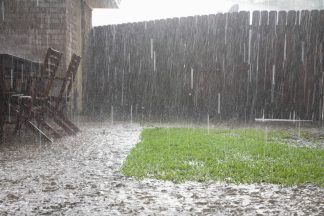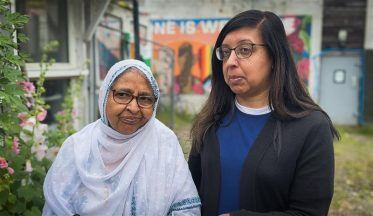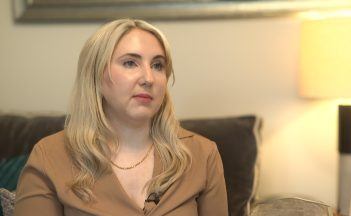As Scotland continues to be in lockdown and many pupils yet to return to school, home learning has once again become the new normal.
While the government has prioritised opening up school buildings as soon as it was safe to do so, many people have had to turn their homes into classrooms. Not only do many pupils have to adapt to a new learning environment, but so do their parents and carers as they take on some of the responsibility of teachers.
Home learning certainly comes with challenges. Based on Scottish Government figures from 2018, only 87% of households have home internet access, with those from lower income households more heavily affected. Even when connected, parents have to battle with technology to get their children online to access the digital classroom.
For children, it may be difficult to learn without the discipline and structure of the physical classroom. This is made even more so when parents also have to act as teachers, a careful juggling act between discipline, encouragement, and cheerfulness during these tough times.
Students also miss out on the social aspects of learning as they can only interact with their friends through screens. Home learning could also have a greater negative impact on children with disabilities, as some aspects cannot be moved online.
While home learning may bring anxiety to many who struggle for space, a stable internet connection, and separation between home and school life, for students learning at home, this could be an opportunity to learn new digital skills and improve their digital literacy.
As children have to use digital devices to engage in education, they learn how to foster social relationships online and how to use the internet for their benefit. For children with disabilities, home learning may also be more accessible with support from technological tools. Pupils are able to navigate the online environment in the comfort of their own homes and with the safe supervision of their parents.
Home learning also extends beyond schools and the online classroom. As we are able to spend more time at home, children can learn new everyday skills that parents and carers normally may not have time to teach them.
‘Despite the challenges of home learning, there are silver linings and we’re all going to get through this together.’
Janis Wong
During this difficult time, it is important to remember that everyone is going through the challenges that come with home learning. If you would like help getting online, Connecting Scotland has plenty of resources on how to set up your devices, stay safe online, and has a dictionary to explain computer terms.
The Educational Institute of Scotland, representing teaching staff, have resources for lockdown learning and teacher health and wellbeing that are suitable for everyone. If you are, or know someone who is, without internet or would like more learning content, the BBC has curriculum-based programming for primary and secondary school pupils on TV and the BBC Bitesize website.
As lockdown continues in order to control the coronavirus, despite the challenges of home learning, there are silver linings and we’re all going to get through this together.
Janis Wong
Janis Wong is a Computer Science PhD researcher at the University of St Andrews.
Follow Janis on Twitter.
Pass the Mic
Pass the Mic works with women of colour who are experts in their field – educators, academics, researchers, campaigners, policy-makers, community activists, writers, workers, carers and many more.
It aims to make a tangible change across media in Scotland by increasing the representation of women of colour who participate in it, and by improving how women of colour and the issues that impact them are talked about.
For more information on Pass the Mic, click here.






















